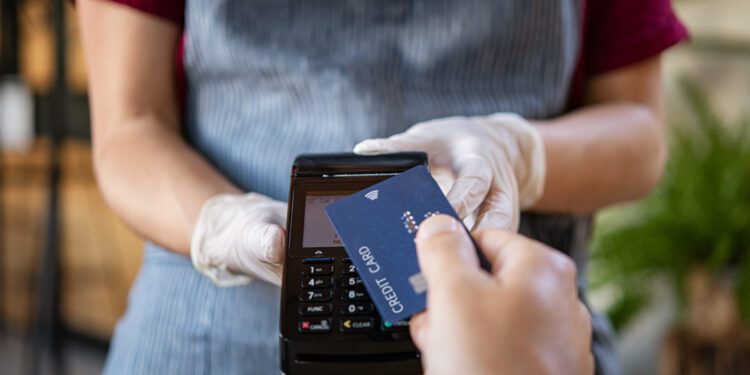A judge in Illinois’ Northern District has determined that challenges to a law aimed at banning credit and debit interchange fees on taxes and tips may have merit.
The Illinois Interchange Fee Prohibition Act (IFPA), passed last summer, is set to take effect this July. However, in August, the Illinois Bankers Association, American Bankers Association, America’s Credit Unions, and Illinois Credit Union League filed a complaint against the Illinois Attorney General, alleging that the IFPA is preempted by federal laws, unconstitutional, and invalid.
Chief Justice Virginia M. Kendall ruled that these claims have standing, but granted the request for a preliminary injunction only for national banks and federal savings associations. Judgment was reserved on federal credit unions, state banks, and credit unions. While not a complete victory, the ruling is seen as a positive step by those who consider the IFPA to be an overreach.
“It’s another example of government, in this case the state of Illinois, jumping in to regulate the industry without fully understanding how it operates,” said Don Apgar, Director of Merchant Payments at Javelin Strategy & Research. “The technical complexities alone are daunting—every credit and debit card terminal and point of sale system, including gas pumps and the like, would need to be reprogrammed to send tax and tip amounts separately and not as part of the purchase total.”
“The reporting that would be required to help the merchant reconcile their fees would also be very complex,” he said. “What’s worse is that this bill allows merchants to send in paper requests for fee reimbursements if they cannot communicate these details electronically, which places a huge manual burden on a highly automated process that serves millions of merchants.”
Tipping Points
Adding to a complex situation, the interchange fees that would be prohibited by the IFPA are paid by the card issuer. These fees often help offset the costs of operating the card program and covering losses from customer defaults.
“A cardholder dining in a restaurant is presented with a $100 check and leaves a $20 tip, for a total purchase of $120,” Apgar said. “Under this law, the issuer only receives interchange fees on the $100 portion, but if the cardholder defaults on their account, the issuer will lose $120. In this scenario, it’s entirely possible that card issuers will refuse to post transactions for which they don’t receive interchange fee reimbursement.”
If implemented, cardholders might be limited to leaving tips in cash. Instead of increasing net tip amounts by eliminating fees—the IFPA’s intended purpose—this change could lead to a decline in net tips if cardholders can’t add them to their purchase.
“While this law attempts to restrict processors’ ability to ‘raise other fees to compensate,’ sending a tip amount separately from the check amount could be easily treated as a second transaction,” Apgar said. “It effectively doubles the number of transactions submitted by a restaurant and thereby doubles their processing costs.”
Tax Complications
Eliminating interchange fees on sales tax presents its own set of issues. If card issuers are not reimbursed, they could refuse to allow sales tax to be posted to a card account. It means a whole spectrum of cashless and unattended sales will no longer be available since tax would have to be paid in cash.
“This would result in a giant step backwards in making payments frictionless and easy for consumers,” Apgar said. “Merchants already have the ability to add up to a 3% surcharge to credit card sales to offset their costs of interchange and processing fees, so this proposed law adds nothing but unnecessary complexity and inconvenience to a highly efficient and competitive service.”










